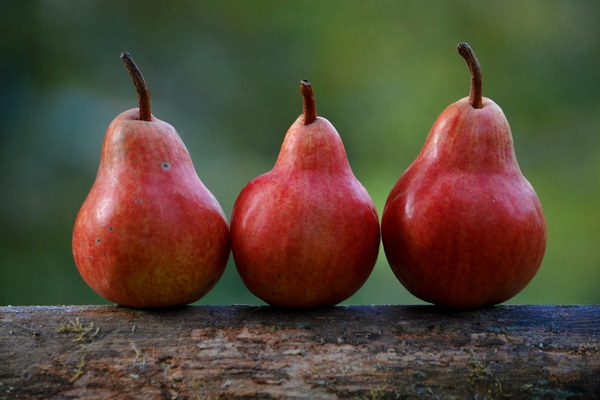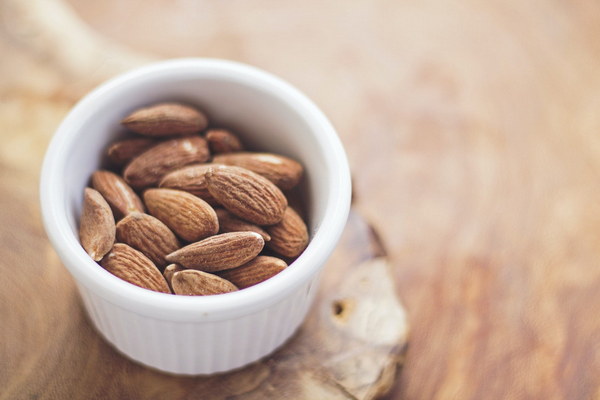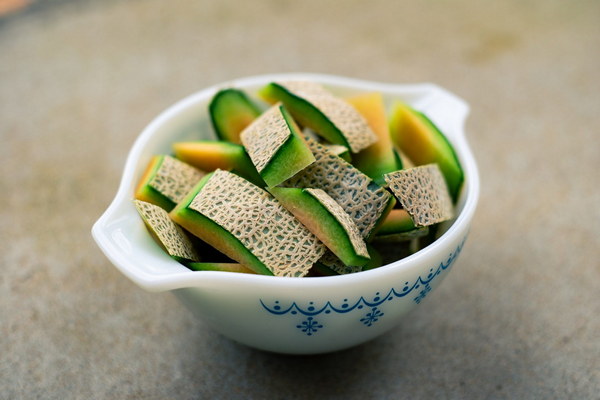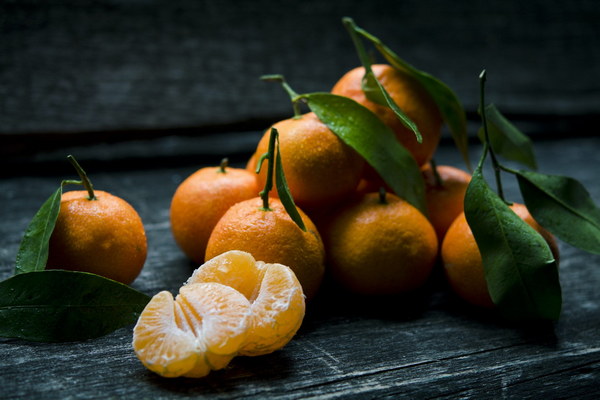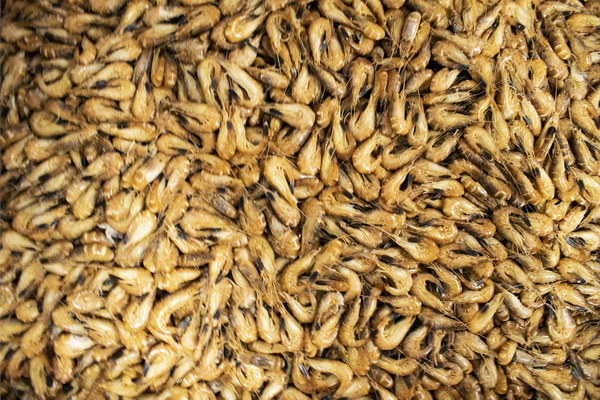The Comprehensive Guide to Edible Bird's Nest Unveiling the Secrets of Traditional Chinese Remedies
Introduction:
Edible bird's nest, a prized ingredient in traditional Chinese cuisine and medicine, has been cherished for its supposed health benefits for centuries. This article delves into the world of edible bird's nest, exploring its origins, nutritional value, health benefits, and culinary applications.
I. Origins and History
Edible bird's nest, also known as Bird's Nest Soup, originates from the nests of swiftlets, a type of bird native to Southeast Asia. These nests are made from the saliva of the swiftlets, which hardens into a nest resembling a bowl. The Chinese have been consuming bird's nest for its supposed health benefits since ancient times, believing it to be a potent remedy for boosting the immune system, improving skin health, and promoting longevity.
II. Nutritional Value
Edible bird's nest is rich in essential nutrients, including:
- Proteins: Bird's nest contains a high percentage of protein, making it a great addition to a balanced diet.
- Amino Acids: It is an excellent source of essential amino acids, which are crucial for muscle repair and growth.
- Glycoproteins: These unique proteins have been shown to have anti-inflammatory properties, potentially benefiting individuals with arthritis or other inflammatory conditions.
- Collagen: Bird's nest is known for its high collagen content, which can contribute to healthy skin, hair, and nails.
III. Health Benefits
1. Immune System Support: Edible bird's nest has been traditionally used to boost the immune system, helping the body fight off infections and diseases.
2. Skin Health: Its high collagen content makes bird's nest an excellent supplement for maintaining healthy skin, reducing the appearance of fine lines and wrinkles, and promoting elasticity.
3. Digestive Health: Bird's nest is believed to improve digestion and alleviate constipation.
4. Respiratory Health: Some studies suggest that edible bird's nest may help in treating respiratory conditions, such as bronchitis and asthma.

5. Cancer Prevention: The presence of certain bioactive compounds in bird's nest may have anti-cancer properties, although more research is needed to confirm these claims.
IV. Culinary Applications
1. Bird's Nest Soup: The most famous culinary application of edible bird's nest is bird's nest soup, a luxurious and flavorful dish often served in Chinese restaurants.
2. Health Tonics: Bird's nest can be added to various health tonics, such as herbal teas, to enhance their benefits.
3. Desserts: Edible bird's nest is also used in desserts, such as pudding and ice cream, to add a unique flavor and texture.
Conclusion:
Edible bird's nest has been a cherished ingredient in traditional Chinese cuisine and medicine for centuries. Its origins, nutritional value, health benefits, and culinary applications make it a fascinating subject of study. Whether enjoyed as a luxurious soup or incorporated into health tonics and desserts, edible bird's nest continues to be a symbol of wealth, health, and longevity in many Asian cultures.

